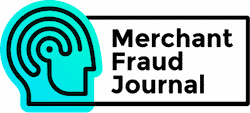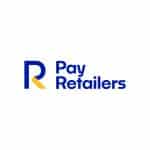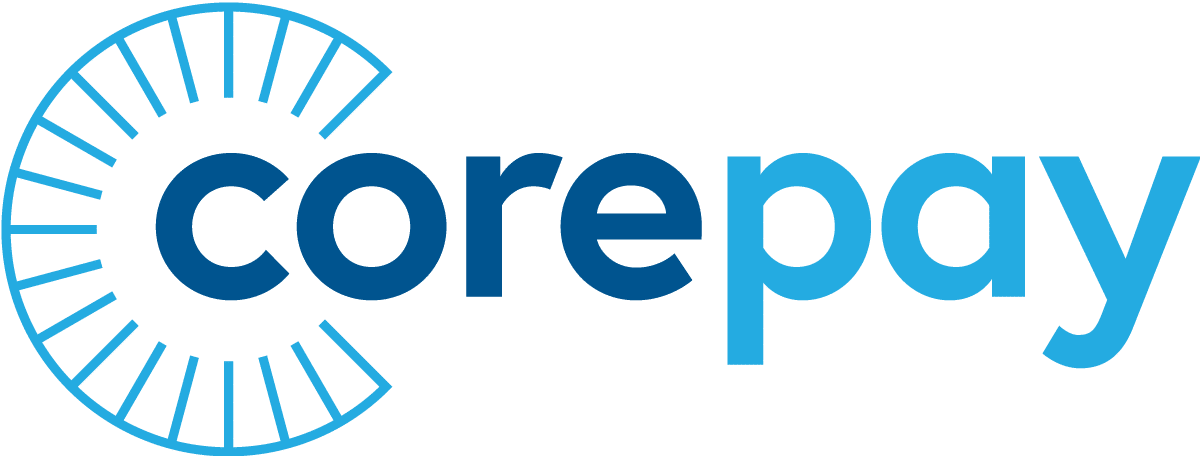TC40 data is information collected by a card-issuing bank when a card-holder claims a transaction posted to their account is fraudulent. A TC40 report is the form the bank uses to send the TC40 data to credit card payments companies like VISA and MasterCard.
However, TC40 reports do not account for friendly fraud, disputes arising from delivery failures, or product/service quality disputes. Therefore, it is not true that these reports give a 100% accurate accounting of all fraud experienced by a merchant. They also cannot be used as a substitute for the chargeback dispute process.
In this article we answer TC40 data frequently asked questions:
- What data is in a TC40 Report?
- Are TC40 reports synonymous with Chargebacks?
- Do merchants receive notifications of every TC40 report filed against them?
- Can TC40 reports harm a merchants ability to accept card not present payments?
- Can I get a copy of all TC40 data claims filed against my business?
- How can I use TC40 data reports to prevent chargebacks?
- Will TC40 data reports help me if i’m a merchant having payment processing problems?
What data is in a TC40 report?
TC40 reports have the following data:
- Merchant information
- Banking information for the merchant and card-holder alleging fraud
- Details of the transaction being alleged as fraud
The information in the report allows merchants to see which customers claimed fraud against their business. In addition, it will contain descriptor items for internal use by banks and credit card companies.
Often, merchants will not understand everything in the report. However, it will be enough for merchants to find the transactions in their own system. A best practice is to tag these transactions so they can be analyzed for patterns that can help prevent chargebacks in the future.
The MasterCard System to Avoid Fraud Effectively (SAFE) and VISA Risk Identification Service (RIS) both generate TC40 data claim reports.
Are TC40 reports synonymous with chargebacks?
No. TC40 reports are generated from the data collected whenever a card-holder alleges fraud.
Although this report contains all the information needed to file a chargeback, the decision to start the chargeback process is a separate and distinct action. A chargeback is an attempt by the card-holder’s issuing bank to clawback the proceeds of a sale from a merchant. When a chargback is filed against a merchant, the merchant will be able to see the chargeback codes for VISA, MasterCard, Discover, and American Express on their merchant statement.
In contrast, a TC40 report documents an allegation of fraud by a card-holder against a merchants, but does not have any request from the issuing-bank to be made whole attached to it.
An example of a situation where a report will be generated but no chargeback filed is for transactions with a small dollar value. This is because the cost of filing the chargeback in these cases is often greater than refunding the card-holder directly.
Do merchants receive notification of every TC40 report filed against them?
No.
This is because as stated above, TC40 reports, unlike chargebacks, are not a request by the issuing bank for money. As a result, there is no incentive for the issuing bank to either take the time to notify the merchant of a fraud allegation, or to expend resources mediating any dispute subsequently filed by the merchant.
Can TC40 reports harm a merchant’s ability to accept card-not-present payments?
Yes. If a large number of TC40 reports are filed by transactions at a merchant’s store, it can harm their ability to accept card-not-present credit card payments—even if few, or any of them result in chargebacks.
This is because, in order to prevent chargebacks, banks always construct and evaluate merchant’s risk profile before agreeing to execute a payment transaction requested by a card-holder. TC40 reports are used in this process because they capture all known instances of reported fraud against a merchant, which gives banks visibility into the frequency and severity of alleged fraudulent activity.
Although the exact calculations and thresholds are not known, it is an accepted fact that as the volume of fraud claims against a merchant increases, the likelihood of the bank viewing the merchants as the fraudulent actor in the transaction (as opposed to the purchasers) rises. As a result, the higher the volume of TC40 reports attributed to a merchant, the higher their risk profile becomes.
Ultimately, if the bank decides the merchant is too high-risk, it will refuse to complete payments to it. This will result in the merchant being unable to process legitimate payments from legitimate customers.
Can I get a copy of all the TC40 data claims filed against my business?
No. Merchants cannot request systematic delivery of TC40 data claims. This is because neither credit card acquirers nor payments processors are under any obligation to share them with merchants. However, there are a few best practices merchants can do to try and determine if there are a lot of TC40 reports are being filed against their business:
- Look at the decline frequency for low dollar transactions. If the percentage is high, it’s an indication transactions are being systematically blocked.
- Examine the decline frequency by card issuer. If a card issuer is systematically declining orders, it most likely views the merchant as high-risk.
- Monitor the volume of complaints about declined transactions received from legitimate customers. Any uptick can indicate issuers are declining payments to your business, which could be a result of excessive TC40 reports.
- Merchants can to contact payment processors and ask if they can either provide information about relevant reports, or to contact the card processors on your behalf with questions.
How can I use TC40 data reports to prevent chargebacks?
If a chargeback is initiated, the chargeback dispute process will continue whether or not you have the data from the TC40 file. By extension, even if you have knowledge of it, you cannot use it to prevent chargebacks.
As stated above, the real value of these reports is in creating a chargeback prevention strategy. They can be used to understand how card issuers view a merchant’s risk-profile, or they can be used to be alerted to a problem with processing payment that would have otherwise flown under the radar.
Will TC40 data reports help me if I’m a merchant having payment processing problems?
They will not help you directly if you are unable to accept payments. However, you can use them to try and gain information that may help you understand why you are having problems.
If your merchant account is suspended and you can’t currently accept payments, you must contact your payment services provider directly. Here are the resources for resolving account suspensions with PayPal, Stripe, and Ebay. For credit cards, you can get help by reaching up on how companies like VISA and MasterCard determine why a merchant ends up in the high-risk matching program.
Sources:
http://www.mastercard.com/elearning/safe/story.html
https://globalrisk.mastercard.com/wp-content/uploads/2015/02/6029_ConsultativeReview_05Feb2015.pdf
https://www.mastercard.us/content/dam/mccom/en-us/documents/rules/chargeback-guide.pdf





























